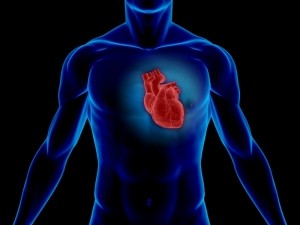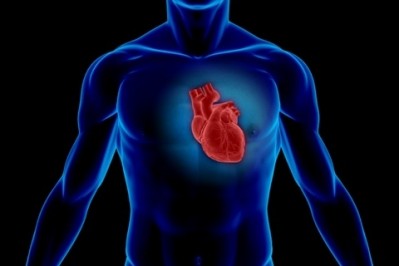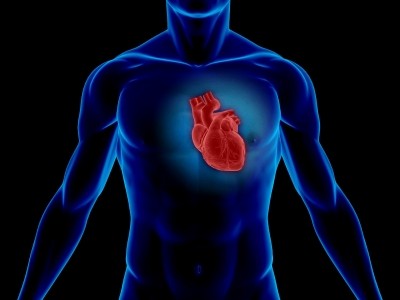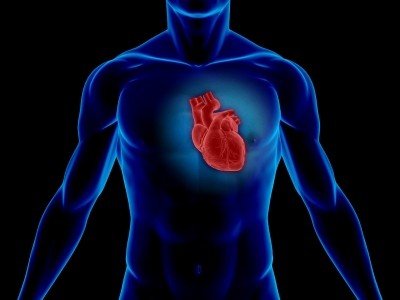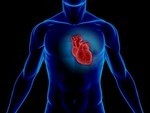NAC supplements may benefit cardiovascular health: Human data

A daily dose of 1.8 grams of NAC could lower homocysteine levels by about 12%, and may improve systolic and diastolic blood pressure, according to findings published in the American Journal of Clinical Nutrition.
Interventions to lower homocysteine
Elevated levels of the amino acid homocysteine have been reported to increase the risk of cardiovascular disease. This has led some to point to the potential of the B-vitamins to reduce homocysteine levels and reduce the risk of CVD. B vitamins are cofactors for enzymes involved in homocysteine metabolism and therefore giving people vitamin B supplements is hypothesized to reduce homocysteine levels and therefore reduce cognitive impairment.
However, clinical trials including participants at risk of, or already suffering from, cardiovascular disease have produced null results, with some experts arguing that short term B vitamin supplementation should not be expected to reverse the long-term development of heart disease.
“Because recent analyses that controlled for confounders such as statins or folate fortification detected a benefit of folate/B-vitamins for stroke (22–24), homocysteine may conditionally be a therapeutic target,” wrote the authors of the new study, led by Prof Wulf Hildebrandt, formerly with the German Cancer Research Center and now at the University of Marburg (Germany).
“Therefore, an alternative agent for (more) effective homocysteine lowering may be desirable, especially for conditions in which B-vitamins are ineffective [e.g., in renal disease] or if a reduction in homocysteine of >25% is intended.”
There is a known link between homocysteine and NAC, and some studies have shown that NAC may reduce levels of the amino acid, but the data is somewhat mixed.
Study details
Prof Hildebrandt and his co-workers re-analyzed data from two RCTs; one of which included 40 middle-aged men with elevated blood lipid levels (hyperlipidemic), and the other included 42 middle-aged men with normal blood lipid levels (normolipidemic). The cohorts included smokers and non-smokers.
Results showed that NAC supplementation significant decreased homocysteine levels by an average of 11.7% (versus 4.1% in the placebo groups), which cysteine levels increased by an average of 28.1% (versus 4% in the placebo groups). There were no significant differences between the hyperlipidemic and normolipidemic men, and the smoking status also did not affect the results.
The researchers also found that NAC significantly decreased blood pressure in all the men. However, significant decreases in diastolic BP were observed only for the hyperlipidemic men, and not for the normolipidemic men.
“Future studies might evaluate whether oral NAC could substantially enhance the approximately 25% homocysteine lowering effect of folate/B-vitamins alone, which has previously resulted in rather disappointing outcomes for some but not all cardiovascular endpoints,” wrote Prof Hildebrandt and his co-workers.
“NAC may offer an alternative option in conditions in which folate therapy is ineffective. Upcoming trials on thiol antioxidants should also monitor both intra- and extracellular compartmental changes that might respond differently between clinical conditions.”
Source: American Journal of Clinical Nutrition
Published online ahead of print, doi:10.3945/ajcn.114.101964
“Oral N-acetylcysteine reduces plasma homocysteine concentrations regardless of lipid or smoking status”
Authors: W. Hildebrandt, R. Sauer, G. Bonaterra, K.A. Dugi, L. Edler, R. Kinscherf
